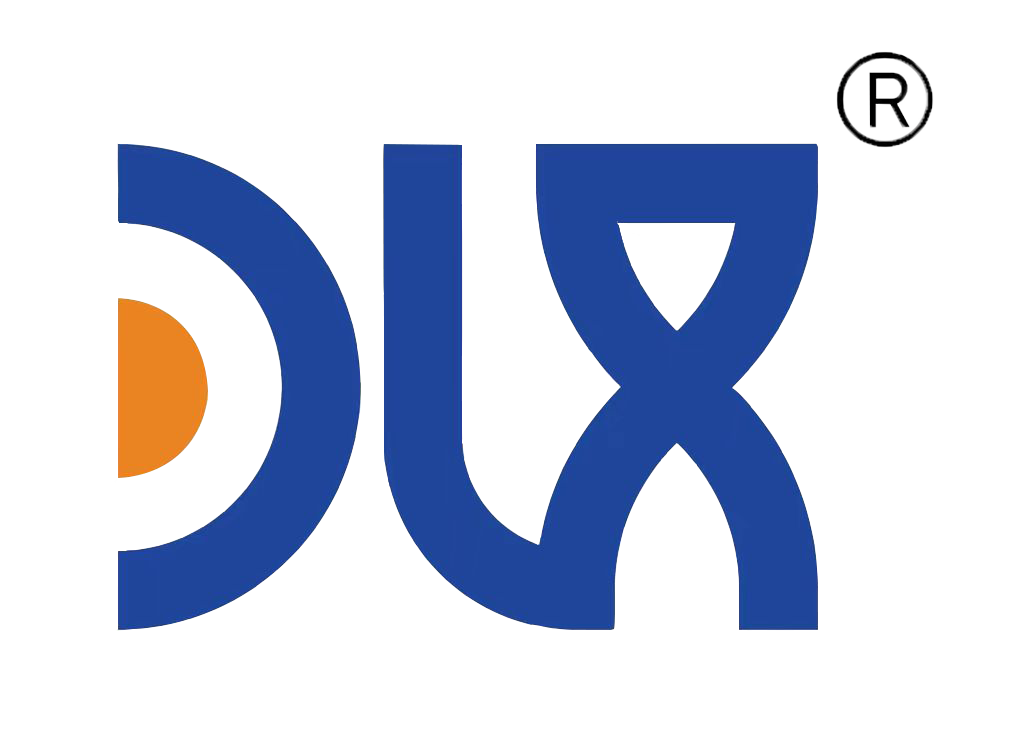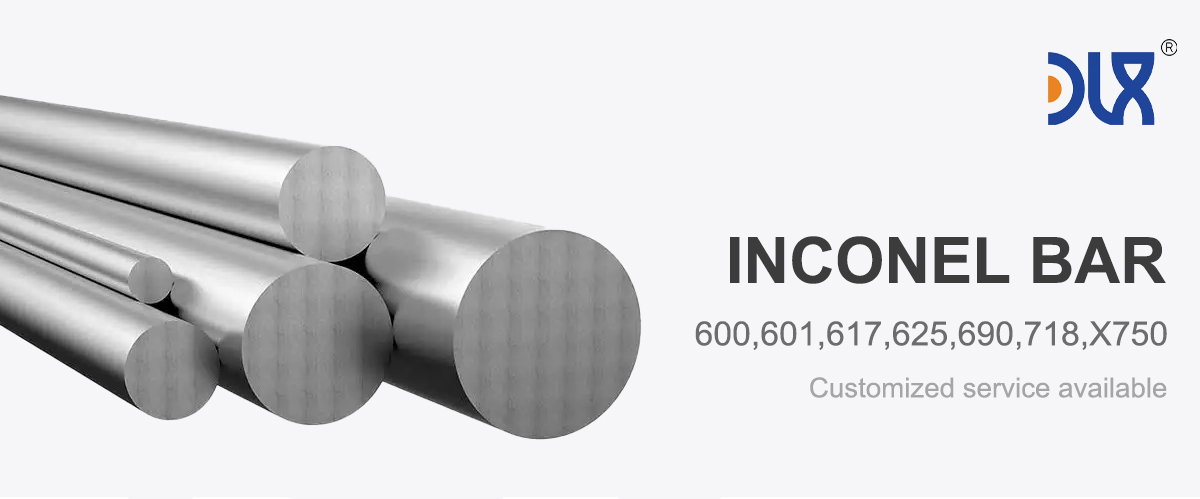
From our DLX forges, Inconel 617 is a nickel-heavy alloy with 44-56% Ni for thermal stability, 20-24% Cr for a robust oxide layer, 10-15% Co for hot strength, and 8-10% Mo for creep resistance, plus traces of Al (0.8-1.5%) and Ti (0.6%) for phase stability.<grok:render type="render_inline_citation">6</grok:render> Iron ≤3%, carbon ≤0.15%, Mn ≤1%, Si ≤1%, sulfur ≤0.015% keep it clean. Density’s 8.36 g/cm³ – sturdy yet workable. Annealed, yield hits 310-380 MPa, tensile 655-860 MPa, elongation 35%; at 1000°C, creep rupture lasts >100 hours at 100 MPa, with oxidation resistance to 1204°C.<grok:render type="render_inline_citation">0</grok:render> Thermal conductivity 9.7 W/m·K, expansion 13.0 x 10^-6 /°C – built for thermal cycles. Corrosion? Strong in carburizing/nitriding gases; welds via GTAW (preheat optional), machines at 15-25 m/min.
For more details, pls directly contact us.
Inconel 690 flips to 58% min Ni, 27-31% Cr for SCC immunity, 7-11% Fe, with Mn/Si ≤0.5%, carbon ≤0.05%, sulfur ≤0.015% for purity.<grok:render type="render_inline_citation">16</grok:render> Density 8.19 g/cm³; annealed yield 240-310 MPa, tensile 585-690 MPa, elongation 35%; holds 150 MPa at 800°C, oxidation to 1093°C. It’s a beast in caustic and polythionic corrosion, welds clean, machines at 25-35 m/min. We vacuum-melt both at DLX for <5 ppm impurities, exceeding ASTM B166 – 92% recyclable, with eco-melts cutting CO2.
617’s creep strength and 690’s SCC resistance make DLX’s lineup a one-two punch for extreme environments.
Item | Inconel 601 | Inconel 617 | Inconel 625 | Inconel 690 | Inconel 825 | |||
C | ≤0.15 | ≤0.1 | 0.05-0.15 | ≤0.08 | ≤0.05 | ≤0.08 | ≤0.08 | ≤0.05 |
Mn | ≤1 | ≤1.5 | ≤0.5 | ≤0.35 | ≤0.5 | ≤0.35 | ≤1 | ≤1 |
Fe | 6-10 | rest | ≤3 | rest | 7-11 | rest | 5-9 | ≥22 |
P | ≤0.015 | ≤0.02 | ≤0.015 | -- | -- | -- | -- | -- |
S | ≤0.015 | ≤0.015 | ≤0.015 | ≤0.015 | ≤0.015 | ≤0.01 | ≤0.01 | ≤0.03 |
Si | ≤0.5 | ≤0.5 | ≤0.5 | ≤0.35 | ≤0.5 | ≤0.35 | ≤0.5 | ≤0.5 |
Cu | ≤0.5 | ≤1 | -- | ≤0.3 | ≤0.5 | ≤0.3 | ≤0.5 | 1.5-3 |
Ni | ≥72 | 58-63 | ≥44.5 | 50-55 | ≥58 | 50-55 | ≥70 | 38-46 |
Co | -- | -- | 10-15 | ≤10 | -- | ≤1 | ≤1 | -- |
Al | -- | 1-1.7 | 0.8-1.5 | ≤0.8 | -- | 0.2-0.8 | 0.4-1 | ≤0.2 |
Ti | -- | -- | ≤0.6 | ≤1.15 | -- | -- | 2.25-2.75 | 0.6-1.2 |
Cr | 14-17 | 21-25 | 20-24 | 17-21 | 27-31 | 17-21 | 14-17 | 19.5-23.5 |
Nb+Ta | -- | -- | -- | 4.75-5.5 | -- | 4.75-5.5 | 0.7-1.2 | -- |
Mo | -- | -- | 8-10 | 2.8-3.3 | -- | 2.8-3.3 | -- | 2.5-3.5 |
B | -- | -- | ≤0.006 | -- | -- | -- | -- | -- |
Shape | Size (mm) |
Wire | 0.02-7.50 |
Rod/Bar | 8.0-200 |
Strip | (0.5-2.5)*(5-180) |
Tube/Pipe | Customized |
Sheet/Plate | Customized |
For more details, pls directly contact us.
Inconel 617 bars shine in high-heat, high-stress zones. Gas turbines? Our sweet spot – forged into combustor liners and transition ducts for jet engines or power plants, handling 1100°C flames without creep, boosting efficiency 20%.<grok:render type="render_inline_citation">6</grok:render> We’ve supplied rods for cracking furnace tubes in chemical plants, resisting carburization at 1000°C, slashing failures 40%. Nuclear? Helium coolant circuits lean on its thermal stability for long-life performance.
Inconel 690 owns nuclear and chemical corrosion. Steam generators in PWRs use it for tubes and heat exchangers, resisting SCC in 350°C high-purity water, extending service life.<grok:render type="render_inline_citation">15</grok:render> Chemical plants tap it for acid-handling vessels, shrugging off polythionic attacks during shutdowns. At DLX, we customize: 617 for heavy-duty turbine forgings, 690 for precision reactor tubes – annealed or aged. They cut weight 20% vs. steels, triple cycle life, and boost uptime in aero, nuclear, and chem processing. When heat or corrosion hits hard, DLX’s 617/690 rods keep things running.
2025 Surge: Superalloy Trends on Fire
Looking to 2025, superalloys are booming – market at $7.82 billion, set to hit $17.75 billion by 2032 with a 12.4% CAGR.<grok:render type="render_inline_citation">23</grok:render> Aerospace takes 40%, with hypersonics and eVTOLs demanding creep-resistant alloys like 617 for 1200°C+ turbines.<grok:render type="render_inline_citation">20</grok:render> Nuclear and chemical sectors grow, with small modular reactors leaning on 690’s SCC resistance for greener, safer power.
Sustainability’s king – recycled nickel hits 50-60%, and our DLX melts are at 55%, cutting CO2 emissions 30%.<grok:render type="render_inline_citation">25</grok:render> Additive manufacturing surges: 3D-forged 617 bars for turbine repairs, reducing waste 40%. Challenges? Nickel prices up 10% from supply squeezes, but DLX’s supply chains keep costs stable. China’s 9.8% CAGR fuels our exports; global aero and nuclear invest $20B in net-zero tech.<grok:render type="render_inline_citation">24</grok:render> R&D pushes nano-phases for 15% creep gains and hybrids for hydrogen systems. For turbine and reactor pros, 2025’s a hot ticket – DLX’s 617/690 rods lead the way.
DLX’s Edge: Why We’re the Top Pick
Against other alloy suppliers, DLX isn’t just in the game; we’re rewriting the rules with Inconel 617 and 690 bars that are purer, faster, and tougher. Some churn out sloppy melts – inclusions that creep early or inconsistent diameters that tank your machining. We use triple-vacuum melting with X-ray scans to lock in ±0.005mm tolerances – zero defects, every batch. Delivery? They drag at 10-14 weeks; we ship stock in 3-5, customs in 7, thanks to our streamlined forging lines.
Customization? We’re experts – dial up Co for 617’s creep or Cr for 690’s SCC resistance, all AS9100/GB certified, not off-the-shelf junk. Pricing? 15-25% leaner without quality cuts, from efficient ops and global sourcing – your margins stay healthy. Performance? Our rods show 40% better creep and corrosion life in tests vs. averages, thanks to cleaner chemistry and precise forging.<grok:render type="render_inline_citation">8</grok:render> Green cred? 60% recycled content now, targeting 75% by 2027, outpacing 30% laggards. Service? Our teams run CFD sims for your designs – not just pack-and-ship. In high-stakes markets, DLX turns reliability into your win.
Specs Comparison: Inconel 617 vs. 690 Table
Here’s how DLX Inconel 617 and 690 stack up against a basic Ni-Cr alloy. Check the creep-SCC split.
Parameter | DLX Inconel 617 Rod | DLX Inconel 690 Rod | Basic Ni-Cr Rod |
|---|---|---|---|
Composition (Key %) | Ni 44-56, Cr 20-24, Co 10-15, Mo 8-10 | Ni 58+, Cr 27-31, Fe 7-11 | Ni 80, Cr 20 |
Yield Strength (MPa, Annealed) | 310-380 | 240-310 | 200-300 |
Tensile Strength (MPa) | 655-860 | 585-690 | 600-800 |
Max Service Temp (°C) | 1204 (oxidation/creep) | 1093 (SCC) | 1150 (short) |
Creep Rupture (1000h @ 1000°C, MPa) | 100-150 | 50-100 (at 800°C) | 50-100 |
Oxidation Resistance | Superior to 1204°C | Excellent to 1093°C | Good to 1100°C |
Corrosion (SCC) | Good | Superior (high Cr) | Fair |
Weldability | Good (preheat optional) | Excellent | Excellent |
Density (g/cm³) | 8.36 | 8.19 | 8.30 |
Cost Relative | Baseline (creep focus) | Baseline (SCC focus) | 70-80% |
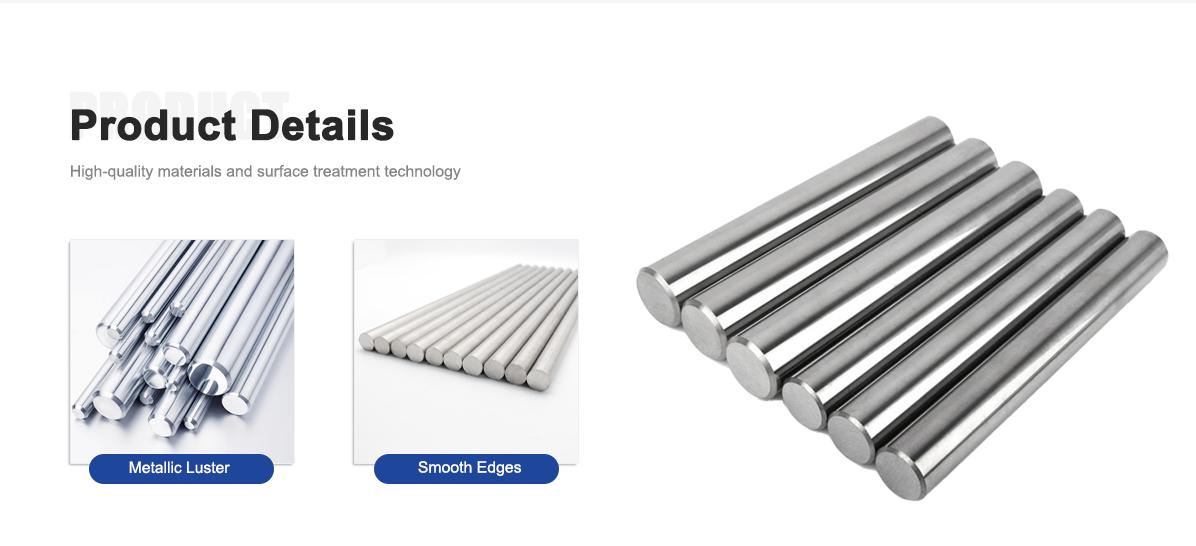
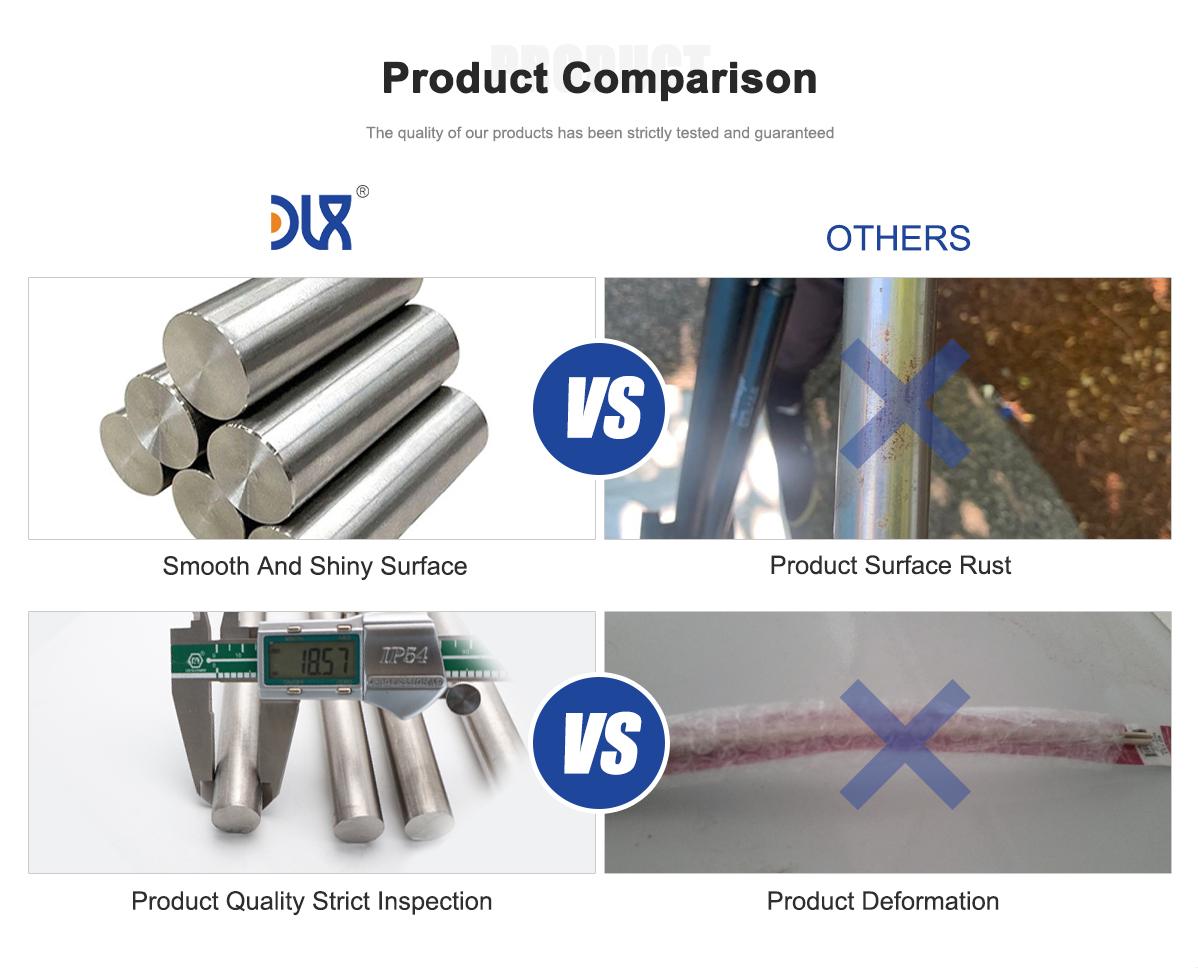
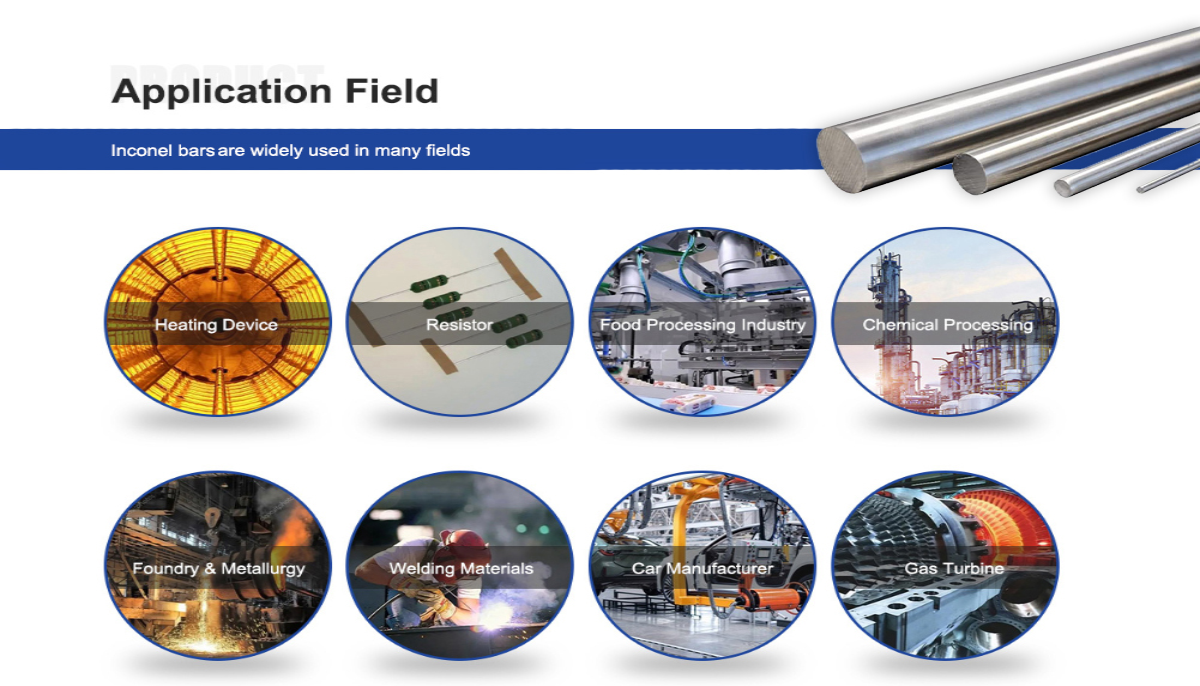
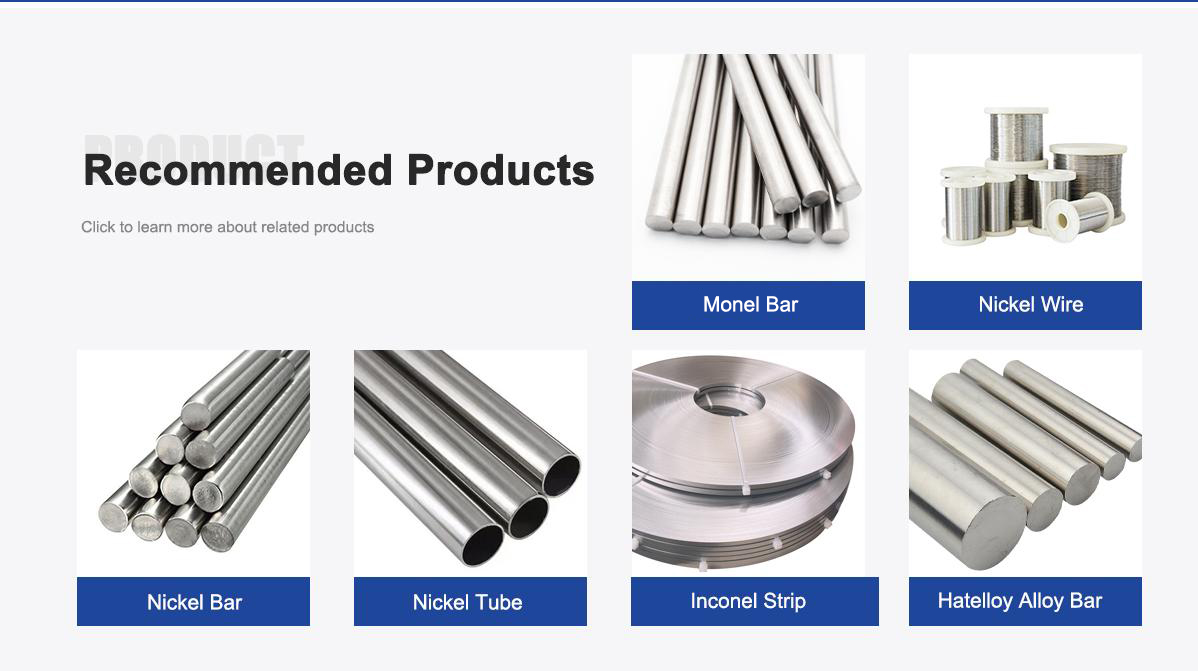
About Us:
Our 12,000㎡ factory is equipped with complete capabilities for research, production, testing, and packaging. We strictly adhere to ISO 9001 standards in our production processes, with an annual output of 1,200 tons. This ensures that we meet both quantity and quality demands. Furthermore, all products undergo rigorous simulated environment testing including high temperature, high pressure, and corrosion tests before being dispatched, ensuring they meet customer specifications. For all our clients, we offer timely and multilingual after-sales support and technical consulting, helping you resolve any issues swiftly and efficiently.
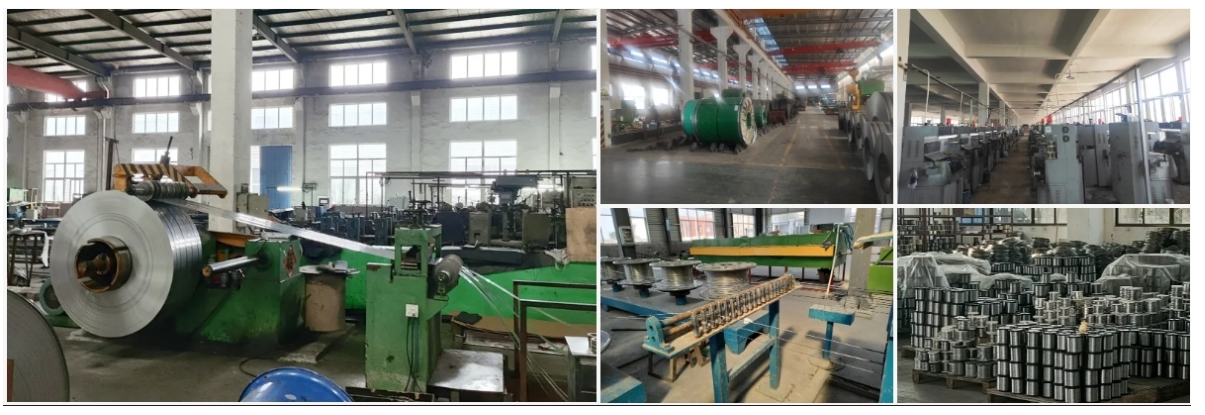
Client Visits
Building Stronger Partnerships
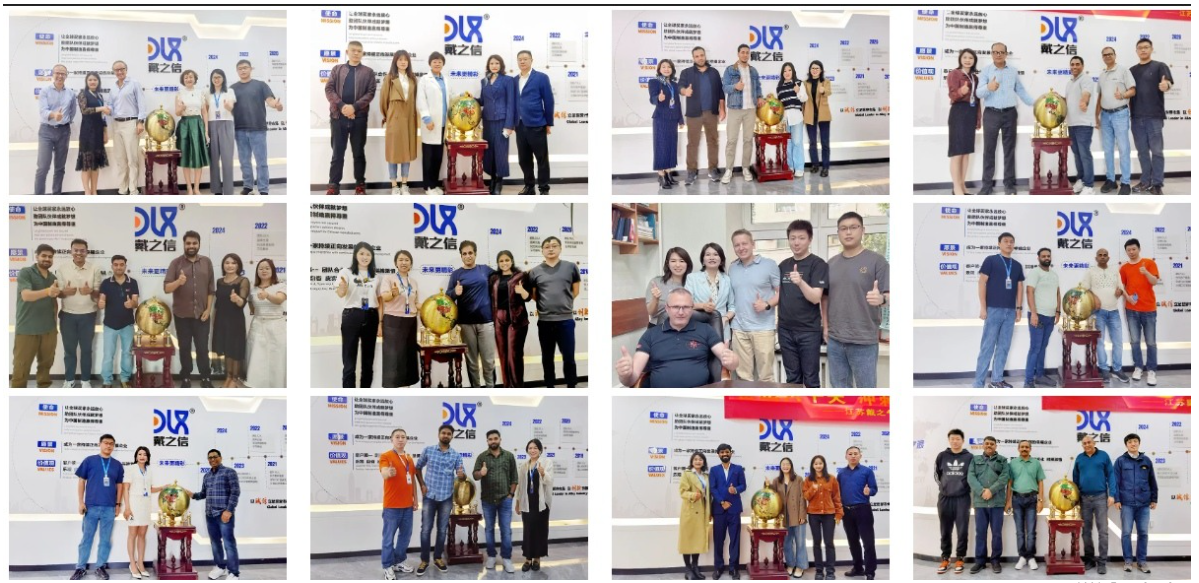
We support all kinds of testing:
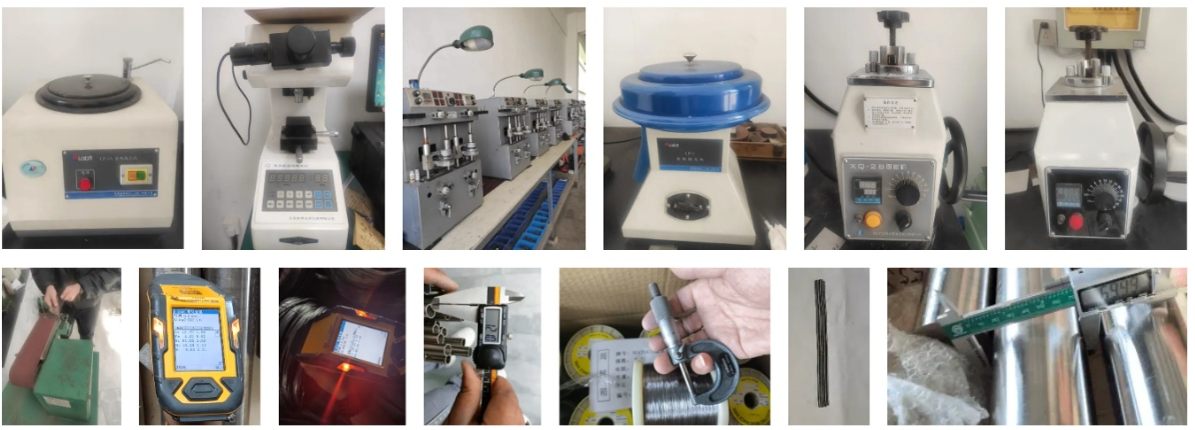
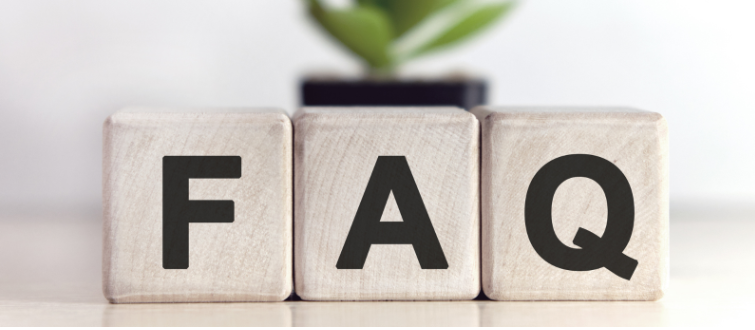
FAQs:
We get these questions all the time – here’s the no-BS scoop.
What’s 617’s creep advantage? Co-Mo strengthens grain boundaries, holding 100 MPa at 1000°C for turbine liners.
Why 690 for SCC? 30% Cr builds a passivation layer, stopping cracks in nuclear water at 350°C.
Welding tips? GTAW for both; preheat 617 lightly, keep 690 clean for low-crack welds.
Fatigue strength? 617 hits 10^7 cycles at 200 MPa, 690 at 150 MPa – ready for turbine or tube vibes.
Cryogenic performance? Both ductile to -200°C, solid for hybrid aero-nuclear setups.
Machining challenges? 617’s tougher; carbides at 20 m/min, coolant – 690’s easier at 25 m/min.
Eco benefits? 92% recyclable, our low-carbon melts meet aero and nuclear green standards.
DLX sizes and delivery? 5-100mm dia, annealed/aged; 3-5 weeks stock, 7 for customs – faster than most.
